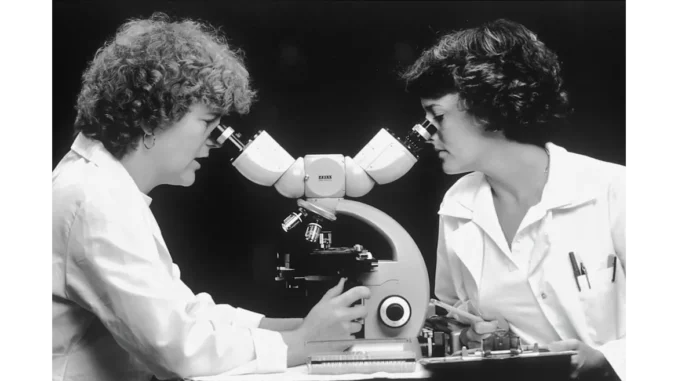
In an age where digital technologies are seamlessly woven into the fabric of daily life, their transformative potential in healthcare remains a largely unexplored treasure trove. This is especially pertinent in the realm of cancer care, where innovation is not just welcome but necessary. Recently, I had the privilege of engaging in an insightful discussion with Dr. Eleanor Matthews, a distinguished authority on digital health technology (DHT) within oncology. Her perspectives shed light on how a comprehensive conceptual framework for DHT could serve as a catalyst for revolutionary changes in cancer treatment and management.
Dr. Matthews commenced our dialogue by highlighting the sobering statistics that underscore the critical need for advancement in cancer care. “The reality is stark—one in five individuals will face a cancer diagnosis in their lifetime, and the mortality figures are equally sobering,” she remarked. “This reality necessitates the development of solutions that are not only effective but also universally accessible.”
Digital health technology stands at the forefront of these potential solutions, promising to enhance medical outcomes and streamline processes in cancer care. According to Dr. Matthews, DHT encompasses a wide array of tools, from computing platforms and connectivity to sophisticated software and sensors, all aimed at providing a comprehensive view of patient health. “This technology empowers both patients and healthcare providers by offering richer insights and enabling more informed decision-making,” she shared with evident enthusiasm.
While the landscape of digital health in cancer care is marked by significant strides in areas such as digital pathology, radiology, and the utilisation of real-world data, it is not without its challenges. “Despite the progress, there remain substantial gaps, particularly in remote patient monitoring and decentralised care,” Dr. Matthews observed. To bridge these gaps, she advocates for a structured, multi-faceted conceptual framework—the ‘5Ps’: Proper assessment, Pertinent treatment, Progress monitoring, Prevention applications, and Professional standards.
In the realm of assessment, Dr. Matthews underscores the pivotal role of DHT in enhancing diagnostic accuracy and efficiency. “Digital tools can revolutionise aspects ranging from history taking to digital biopsies, with digitalisation enabling real-time remote access to biopsy images, significantly improving diagnostic speed and precision,” she explained.
Turning to treatment, Dr. Matthews is fervent about the promise of precision oncology and digital therapeutics. “Consider the concept of a digital twin—a virtual model of a patient that simulates disease progression and predicts treatment outcomes. This is not a distant dream but a present reality, powered by advanced mathematics and artificial intelligence.”
The conversation naturally transitioned to the areas of progress monitoring and prevention, where Dr. Matthews sees significant potential for DHT to make an impact. “The idea of ‘hospital at home’ is becoming increasingly feasible, thanks to real-time remote monitoring and patient self-reporting applications. These innovations allow for high-quality care without the necessity of frequent hospital visits,” she noted.
Prevention is yet another critical facet where DHT could make profound contributions. “Digital technologies can be instrumental in promoting cancer screenings and educating the public on risk factors. AI, for instance, has demonstrated efficacy in screenings, often rivalling traditional methods,” Dr. Matthews pointed out.
Finally, Dr. Matthews emphasised the necessity of upholding professional standards in the digital era. “As we embrace these technological advancements, it is crucial that healthcare professionals are aptly trained and equipped to use them. This demands a concerted focus on education and regulation,” she articulated. She envisions initiatives like a Digital Health Academy to lead these efforts, establishing centres of excellence to ensure evidence-based application of DHT in cancer care.
As our discussion reached its crescendo, Dr. Matthews left me with a compelling reflection on the potential of digital health technologies. “In the face of growing complexities in cancer care, DHT offers a pathway to streamlined, yet profoundly effective, solutions. The ‘5Ps’ framework is not just theoretical; it is a roadmap poised to invigorate and elevate cancer care to unprecedented levels.”
Reflecting on Dr. Matthews’ insights, it is evident that digital health technology holds the key to a transformative era in cancer care. As we stand on the precipice of this new frontier, the integration of DHT within a well-structured framework emerges as a beacon of hope for both patients and healthcare providers, promising a future where cancer care is not only advanced but also accessible and equitable.


Be the first to comment